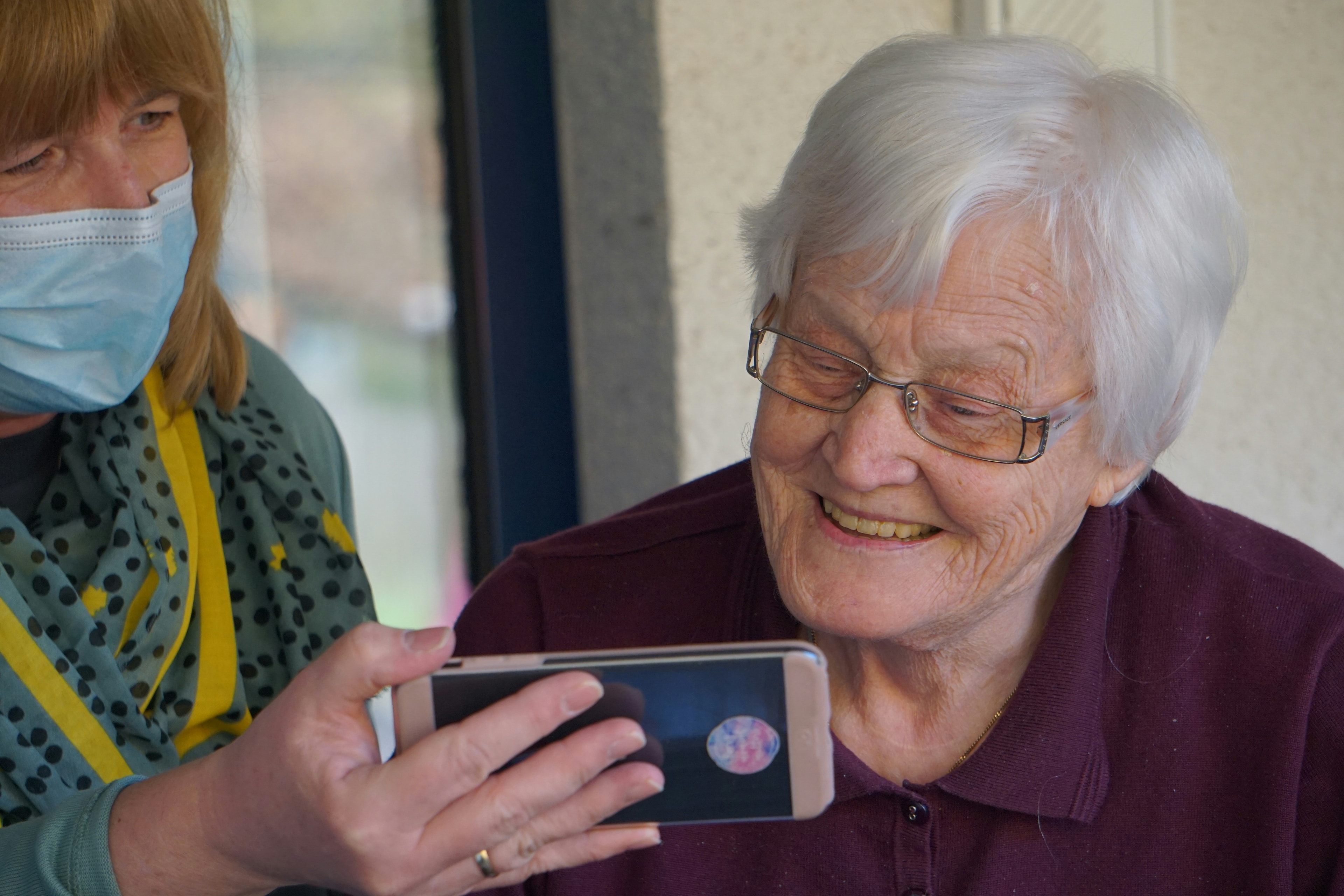On June 12, 2025, the quiet revolution of artificial intelligence in healthcare took another bold step forward. Voice AI—once a futuristic vision—has now become an essential bridge between strained medical systems and the people they serve. From hospital desks to the living rooms of isolated seniors, this technology is proving that a well-trained voice can carry both clinical precision and human warmth.
One standout example is Infinitus’s voice agent, “Eva,” which is already reshaping how administrative work is handled in healthcare. At Cencora, a leading pharmaceutical services company, Eva manages benefits verification calls with the nuance of a seasoned expert, dynamically adapting to responses and escalating only when human intervention is necessary. The results are staggering: the time savings are equivalent to over 100 full-time staff, freeing up professionals to focus on more complex and meaningful interactions. The old bottlenecks of phone trees and fax queues are quietly being dismantled by a voice that never sleeps.
But the impact of voice AI stretches well beyond the clinical. In the homes of elderly individuals who face long days of solitude, companionship is now arriving in the form of intelligent, emotionally responsive agents. Everfriends, an app developed by Daniel Hungerford, uses sentiment-aware AI powered by Hume’s emotion recognition software to provide digital companionship that feels remarkably human. These assistants don’t just follow scripts. They recognize moods, shift tones, and respond with a level of emotional intelligence that helps reduce loneliness—a condition as harmful as many chronic illnesses. According to a 2025 study, 85% of older adults using such assistants reported feeling measurably less lonely.
